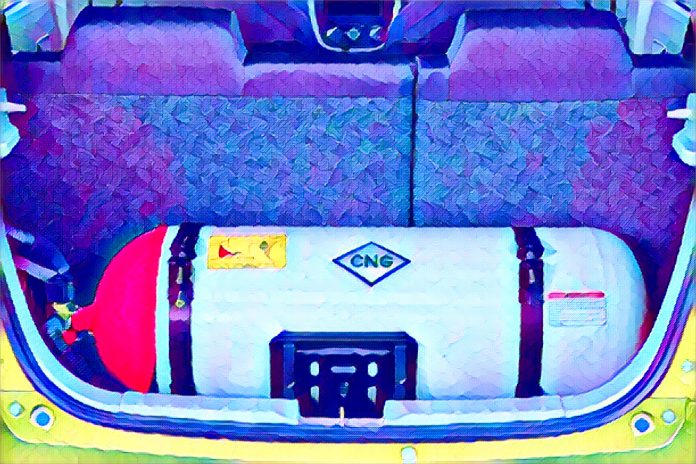In a significant move to address air pollution and promote cleaner energy sources, Nigeria’s federal government has unveiled a program to subsidize the conversion of vehicles to compressed natural gas (CNG). The initiative, spearheaded by the Presidential Initiative on CNG, specifically targets members of key road transport unions like the National Union of Road Transport Workers (NURTW), Road Transport Employers Association of Nigeria (RTEAN), and Nigerian Association of Road Transport Owners (NARTO). These unions play a vital role in the nation’s transportation sector, carrying roughly 90% of people and goods across the country.
Making the Switch More Affordable
The program aims to incentivize the transition to CNG vehicles by offering substantial financial support. A 50% discount will be applied to CNG conversion kits, along with the added benefit of free installation. This significant cost reduction is expected to make CNG vehicles a more attractive option for members of these crucial transport unions. The government has already taken proactive steps by procuring over 20,000 conversion kits for immediate deployment.
According to Engr. Micheal Oluwagbemi, Programme Director and Chief Executive Officer of the Presidential Initiative on CNG, the program has an ambitious target of converting one million vehicles from gasoline (PMS) to CNG by the year 2027.
The program will be rolled out in a phased approach, with a pilot phase kicking off in four key states: Kwara, Lagos, the Federal Capital Territory (FCT), and Rivers. Eight conversion centers have been identified within these states to handle the initial wave of CNG conversions. Following a successful pilot and evaluation of its effectiveness, the initiative is expected to expand to encompass a nationwide network of 120 conversion centers.
Environmental and Economic Advantages Drive Change
Governor Uba Sani of Kaduna State has voiced strong support for the program, emphasizing the potential environmental and economic benefits associated with CNG use. Also, he highlighted the concerning levels of air pollution caused by traditional gasoline-powered vehicles and their detrimental impact on public health.
CNG offers a cleaner burning alternative, emitting fewer harmful pollutants compared to gasoline. This shift is expected to contribute to improved air quality and a healthier environment for Nigerians. Additionally, CNG is generally a more affordable fuel source compared to gasoline. This translates to potential cost savings for individuals and businesses in the transportation sector.
The sheer number of vehicles on Nigerian roads – nearly 12 million according to a 2018 report by the Nigeria Bureau of Statistics – presents a significant challenge for the program’s success. However, the government’s commitment to tackling environmental issues, coupled with the potential economic and health benefits, makes the CNG conversion initiative a promising step towards a cleaner transportation future for Nigeria.
Public Awareness and Long-Term Sustainability
While the program offers substantial financial incentives, success will also hinge on effectively raising public awareness about the benefits of CNG vehicles. Educational campaigns aimed at both transport union members and the general public will be crucial to dispel misconceptions and encourage wider adoption. Additionally, ensuring the long-term availability and affordability of CNG is essential for the program’s long-term sustainability.
Source: Vanguard



